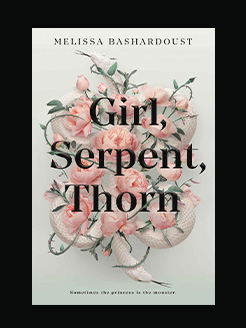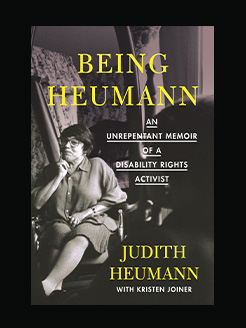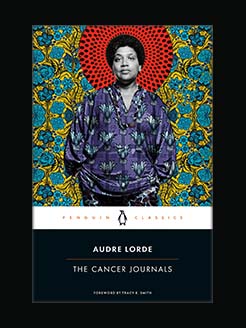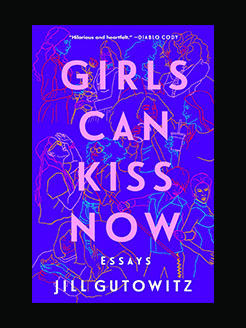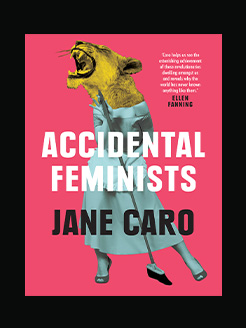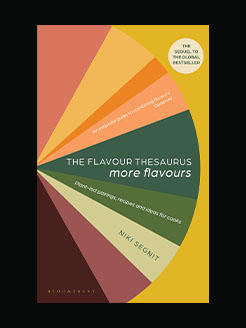Published in 2016 (first published 1971)
272 pages
10 hours and 13 minutes
Angela Yvonne Davis is an American political activist, scholar, and author. She emerged as a nationally prominent activist and radical in the 1960s, as a leader of the Communist Party USA, and had close relations with the Black Panther Party through her involvement in the Civil Rights Movement despite never being an official member of the party. Prisoner rights have been among her continuing interests; she is the founder of Critical Resistance, an organization working to abolish the prison-industrial complex. She is a retired professor with the History of Consciousness Department at the University of California, Santa Cruz, and is the former director of the university’s Feminist Studies department.
Her research interests are in feminism, African American studies, critical theory, Marxism, popular music, social consciousness, and the philosophy and history of punishment and prisons. Her membership in the Communist Party led to Ronald Reagan’s request in 1969 to have her barred from teaching at any university in the State of California. She was tried and acquitted of suspected involvement in the Soledad brothers’ August 1970 abduction and murder of Judge Harold Haley in Marin County, California. She was twice a candidate for Vice President on the Communist Party USA ticket during the 1980s.
What is this book about?
The trial of Angela Yvonne Davis in connection with the prisoner revolt by three black prisoners on August 7, 1970 at the Marin County Courthouse will be remembered as one of America’s most historic political trials, and no one can tell the story better than Miss Davis herself. This book is also perhaps the most comprehensive and thorough analysis of that increasingly important symbol — the political prisoner. Of her trial, Miss Davis writes, “I am charged with three capital offenses — murder, kidnapping, and conspiracy. My life is at stake in this case — not simply the life of a lone individual, but a life which has been given over to the struggles of my people, a life which belongs to Black people who are tired of poverty, and racism, of the unjust imprisonment of tens of thousands of our brothers and sisters.”
“I stand before this court,” she declares, “as a target of a political frame-up which, far from pointing to my culpability, implicates the State of California as an agent of political repression….I declare publicly before the court, before the people of this country, that I am innocent of all charges which have been leveled against me by the State of California.”
On the central theme of this book Miss Davis contends that “the offense of the political prisoner in his political boldness, his consistent challenges — legally or extra-legally — of fundamental social wrongs fostered and reinforced by the state. He has opposed unjust laws and exploitative, racist social conditions in general, with the ultimate aim of transforming these laws and the society into an order harmonious with the material and spiritual need and interests of the vast majority of its members.”
Regarding his own defense, Ruchell Magee, the only prisoner who survived the same revolt and one of the many impressive contributors in this invaluable volume which includes George Jackson, Fleeta Drumgo, John Clutchette, James Baldwin, Bobby Seale and Ericka Huggins, states, “For over seven years I have been forced to stay in slavery on fraudulent pleas of guilty, made by attorneys, court-appointed attorneys, over my objection, over my plea of not guilty, and over my testimony of not guilty.”


